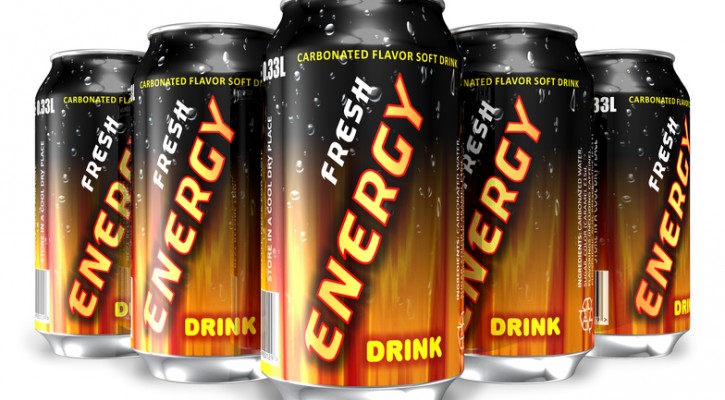
The Effects of Energy Drinks and Driving
December 11, 2009
There are many common misconceptions about energy drinks. Since they are marketed as supplements (and often times sold in health food stores), many people assume they are healthy. Or at the very least they assume energy drinks are not unhealthy. However, energy drinks are more harmful than many people realize. The FDA regulates how much caffeine a company can put in its soft drinks. A 12 ounce soft drink may have no more than 71 mgs of caffeine. However, many energy drink makers have found a way around these restrictions. By marketing their products as supplements, instead of soft drinks they are able to put as much caffeine as they wish into their drinks. Some energy drinks on the market have over double the amount of caffeine the FDA allows in soft drinks.
Ingesting such high amounts of caffeine causes people to go into an altered state, known as caffeine intoxication. Many characteristics of caffeine intoxication are similar to the characteristics of alcohol intoxication. People experiencing caffeine intoxication experience twitching muscles, increased irritability, and slurred speech. Additionally, people who drink energy drinks often become more willing to take risks and are more likely to become distracted. It is a recipe for disaster when a distracted, irritable person who is likely to take risks gets behind the wheel of a car.
When a person uses energy drinks to compensate for missing a good night’s sleep it becomes far more dangerous. Caffeine cannot compensate for the mental and physical alertness that a person gets from a full night of sleep. For a short time caffeine may seemingly do the trick. The effects of the caffeine in energy drinks may help mask a driver’s fatigue for a short while. However, when the effects begin to wear off drivers become increasingly more fatigued and their reaction times and ability to concentrate suffer greatly. Many people describe a crashing effect and they become more acutely aware of their mental and physical fatigue. This feeling is commonly referred to as crashing, which can be likened to the hangover people have the day after a long night of drinking.
Instead of turning to caffeine drinks for artificial energy people preparing to go on a long drive should get a full night of sleep. Additionally, they should take frequent stretch breaks, stay hydrated and take power naps if needed to ensure they are mentally and physically alert on the road.
Read more driver safety tips and dangers related to energy drinks at National Safety Commissions Driver Alerts Blog.
